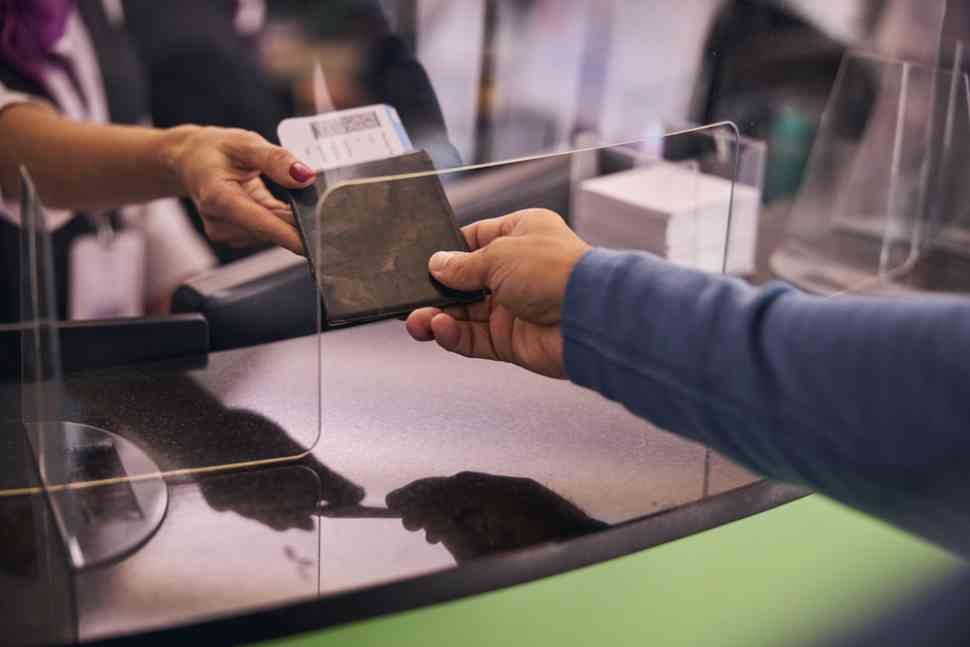7 Essential Travel Documents For International Students

Paperwork after selection in a foreign university is humongous. While the volume of work depends on which country you are going to, the burden is generally very huge. The realization of your dreams can be really impacted in the absence of the requisite paperwork – and mind you, the completion of the said paperwork takes a lot of time and a lot of care. So, make sure you have got your paperwork done much in advance and do not wait until the last moment because you wouldn’t like the experience. Your responsibilities do not end right after the completion of paperwork. You must carry all of these documents along with you to your destination and stick with them until the end.
What are those documents? Well, here are 7 of them that are absolutely important.
- Passport
Of course, without a passport, you can go nowhere unless your idea is to break the law. Passport takes top priority and cannot be ignored ever throughout your stay in the foreign country. It is the same document that will allow you to board the plane, clear through customs, and will serve as identity proof. No matter what you must carry your passport in your wallet everywhere you go. - Student Visa
To put it simply, a student visa is a document that acts as a special addendum to the passport indicating that you are qualified to study at a certain university or college in a foreign country. These documents are issued to those student population who emigrate to another country for educational purposes and does not require the acquisition of citizenship of that country. To avail of a student visa, you will be put through an application process including an interview. The said interview will be about you, your decision to study abroad, your finances, and your future plans. Ensure that you are well-prepared because visa interviews may seem smooth but have huge implications on your future. - Admissions Letter
You will receive a formal invitation to attend the university in the form of a letter. You might think of it just like any other acknowledgement but it is a vital document you must keep safe. The same admissions letter serves as proof that you have been given admission to a particular university in a particular country. Just get a copy of the letter printed and show it to the officers at the airport in case the need arises. - Health Insurance
Generally, countries mandate international students to avail of health insurance before coming there. In fact, you may not even be able to enter the country for education without health insurance. Make sure you go through the requirement of health insurance stipulated by the country of interest. Keep the policy document with you throughout your stay because it is one of the handiest documents there are that can greatly reduce your expenses. - Academic documents
You will have to bring along all your academic credentials with you. Pack everything: your school and university transcripts, reference letters, pass certificates, scholarship documents (if any), and whatnot. It is advised that you bring your original documents and create several copies of each of them as you might end up submitting a chunk of them for the purpose of enrollment and other facilities. - An emergency contact list
You should prepare a list of contact persons in and outside the country that should be contacted in case of any exigency. Submit the said list to the admissions office at your university so that they are well equipped with the necessary information. These contact details should include the details of your family in the home country, host family (if any) in the country of education, friends, family doctor, etc. - All your medical records and prescriptions
If you are bringing along certain medicines, check whether they are legally allowed in the country of destination. If allowed, ensure that you have a prescription of the same with you. Similarly, pack all your medical records in the bag as they will be highly useful in your health-related issues abroad. These documents will only make your life easier as you wouldn’t have to start all over again to prepare your medical history.
Add CEOWORLD magazine to your Google News feed.
Follow CEOWORLD magazine headlines on: Google News, LinkedIn, Twitter, and Facebook.
This report/news/ranking/statistics has been prepared only for general guidance on matters of interest and does not constitute professional advice. You should not act upon the information contained in this publication without obtaining specific professional advice. No representation or warranty (express or implied) is given as to the accuracy or completeness of the information contained in this publication, and, to the extent permitted by law, CEOWORLD magazine does not accept or assume any liability, responsibility or duty of care for any consequences of you or anyone else acting, or refraining to act, in reliance on the information contained in this publication or for any decision based on it.
Copyright 2024 The CEOWORLD magazine. All rights reserved. This material (and any extract from it) must not be copied, redistributed or placed on any website, without CEOWORLD magazine' prior written consent. For media queries, please contact: info@ceoworld.biz
SUBSCRIBE NEWSLETTER








